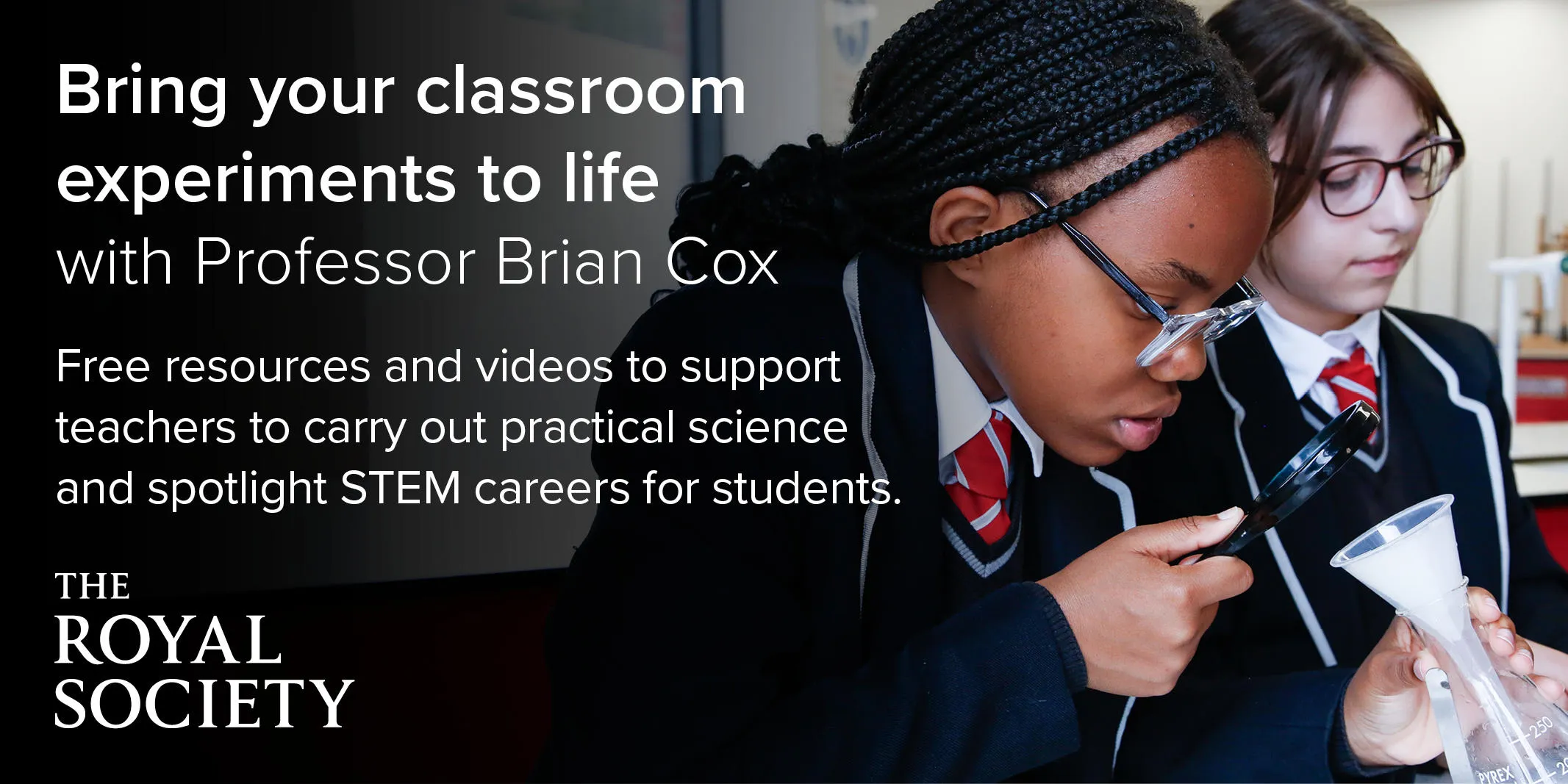Our research aims to improve surgical practice by developing robots that allow surgeons to operate under the most challenging of scenarios. Our robots provide them with increased dexterity, better visualisation, superhuman sensing capabilities and enable them to carry out challenging and even impossible interventions in the most delicate parts of the body.
Prof Christos Bergeles, Leader for Research, Deputy Director for EPSRC CDT on Advanced Engineering for Personalised Surgery & Intervention.
01 October 2024
Professors Brian Cox and Christos Bergeles on surgical robotics
Prof Christos Bergeles discusses surgical robotics for eye surgery with Prof Brian Cox as part of a video series on new and emerging STEM technologies for the Royal Society, London.

Watch Professors Brian Cox and Christos Bergeles in conversation below:
Professor Christos Bergeles directs the Robotics and Vision in Medicine Lab at the School of Biomedical Engineering & Imaging Sciences (BMEIS). The lab's mission is to develop micro-surgical robots that deliver regenerative therapies deep inside the human body.
As the robotic micro-surgeons need to operate within the confined space of the eye the lab thinks beyond conventional articulated robots that require large transmission systems and bulky interfaces. In such spaces, continuum robots offer the best compromise between size and dexterity.
Professor Bergeles explains: "Continuum robots move like an elephant’s trunk, can flex and alter their shape to avoid critical anatomical regions, and can control the position and orientation of their tip to mimic the dexterity of the human hand."
The lab is working together with clinician Professor Lyndon da Cruz from Moorfields Eye Hospital to develop robots that can deliver regenerative therapies within the human retina.
The use of micro-surgical robotic systems could help to restore sight in diseases of ageing population, such as Age-Related Macular Degeneration.

This video was produced by the Royal Society as part of a set of online videos and resources based around new and emerging technologies, featuring Dame Maggie Aderin-Pocock and Professor Brian Cox.
Aimed at teachers of students aged 11 to 14, the resources explore topics including genome editing, robotics and ocean acidification.
These resources introduce teachers to a practical experiment, before showing a commercial application of the technology and the latest research being undertaken by scientists within that field.
Access the school experiments secondary level resources here.

